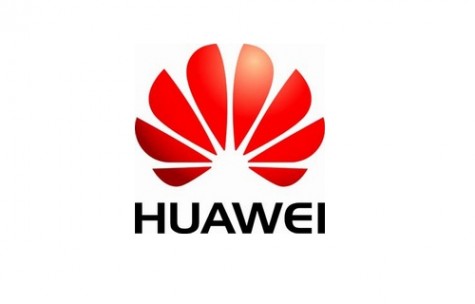China’s Huawei Blasts US ‘Protectionism’ – Says It Would Offer “Complete and Unrestricted Access” To Its Source Code And Equipment Through An Independent Testing Center.
SYDNEY – Chinese telecoms giant Huawei on Wednesday accused the US of “protectionism” after Congress labeled it a spy threat, and offered to lay bare its source code and equipment in Australia to allay fears.
The firm’s Australia chief John Lord urged against the cybersecurity debate becoming “distorted the way it has in the US”, vowing that the company would “never” allow state or individual abuse of its equipment for illegal ends.
 Huawei, which was founded by former People’s Liberation Army engineer Ren Zhengfei, was barred from tendering for Australia’s national broadband network this year on security grounds.
Huawei, which was founded by former People’s Liberation Army engineer Ren Zhengfei, was barred from tendering for Australia’s national broadband network this year on security grounds.
Those fears were echoed by the US House Intelligence Committee this month, when it warned equipment supplied by Huawei and ZTE, another Chinese telecom equipment maker, could be used for spying and called for their exclusion from government contracts and acquisitions.
Lord said the Congressional committee’s report should be “called for what it really is: protectionism not security“, dismissing it as part of an “ongoing trade conflict between the US and China”.
“The fiery rhetoric of the US Committee’s report may make good headline-fodder in an election year, but it should really be seen as a missed opportunity,” he told Australia’s National Press Club.
Lord said Huawei’s future depended on its “complete transparency” on security and other issues, and dismissed questions about its links to the Chinese state, denying that client information had or ever would be shared.
“Huawei would never allow any third-party country or individual to interfere with our equipment for an illegal purpose,” he said.
“Cybersecurity infringements, violations are illegal and we would never allow anyone to do that and we haven’t … We would never allow our equipment to be misused and I make that point quite strongly.”
Lord said Huawei had been surprised and disappointed to be barred from Australia’s broadband project and had not “to this day” been offered an explanation.
He called for the establishment of an independent cybersecurity testing center where “all equipment implemented into major or critical Australian networks can be subjected to the same thorough security assessment”.
“Huawei is willing to offer complete and unrestricted access to our software source code and equipment in such an environment,” said Lord.
A similar center had been set up in Britain, where Huawei was helping telecoms group BT build a national broadband network with the blessing of state security agencies, he added.
Lord said simply blacklisting a country or company no longer made sense, with major telecoms companies sourcing their components from the same factories across the globe.
Some 70 percent of Huawei’s own materials came from outside China, he added.
Insight: Convenient Scapegoat: Why All Cyberattacks Originate in China
Related: Huawei Calls for Global Security Standards
Related: China’s Huawei Responds to US Hackers















